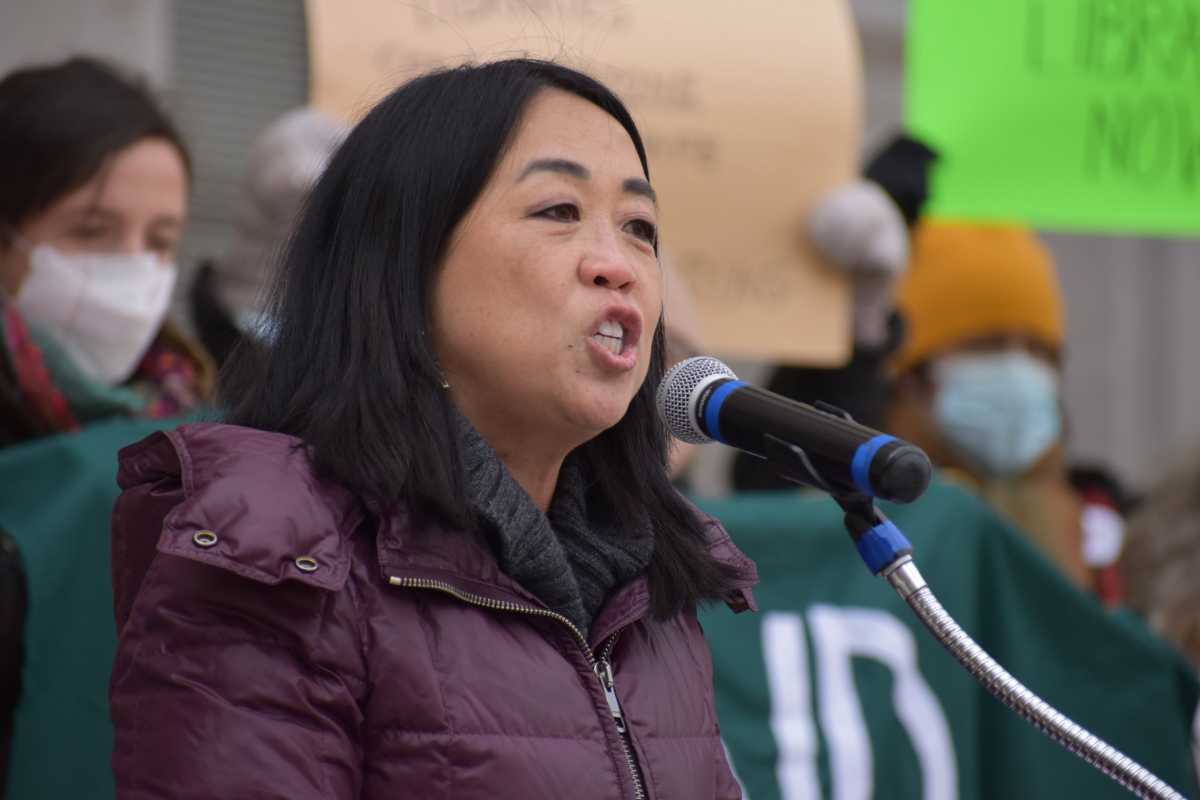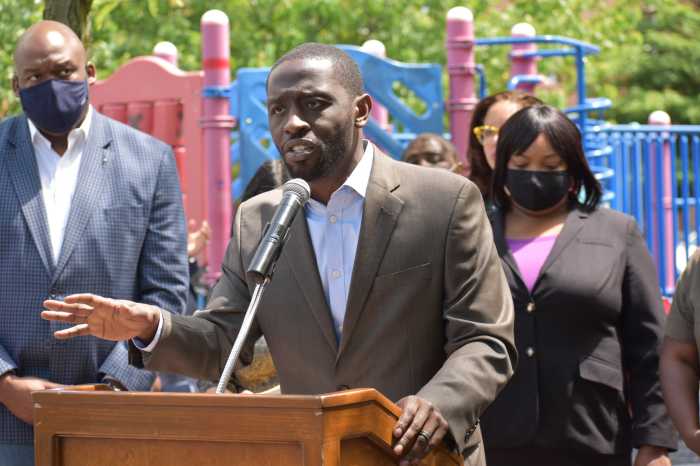After Josh Shapiro’s victory in the governor’s race, and with Democrats possibly forming a majority in the state House of Representatives, abortion is likely to remain legal in Pennsylvania for the near future.
But Philadelphia’s elected leaders want to go a step further and protect abortion-seekers from states where the procedure is illegal or where lawmakers have enacted “bounty” laws that allow residents to bring civil action against providers.
A package of bills that advanced in City Council last week would bolster privacy protections around reproductive health; permit defendants subject to so-called “vigilante” legal action in other state to countersue; and prohibit employers from discriminating based on sexual health history.
The legislation would “put Philadelphia at the frontlines of abortion defense,” Councilmember Helen Gym, who is co-sponsoring the bills, said during a hearing Thursday.
Abortion is legal in Pennsylvania up to 24 weeks, and patients are required to receive counseling and wait at least 24 hours after an initial appointment.
GOP leaders in Harrisburg have advanced a constitutional amendment that would bypass the governor’s veto and put the issue on the ballot. That effort is unlikely to succeed if Republican candidates do not prevail in a pair of too-close-to-call state house races.
Constitutional amendments must be passed by the legislature in two consecutive sessions and then approved by voters.
Abortion advocates fear laws in other states, including Texas and Idaho, could punish those traveling to Pennsylvania for abortions, as well as local providers.
Texas’s law, for example, gives private citizens the incentive to sue anyone who helps someone get an abortion after six weeks of pregnancy, and the plaintiff gets a $10,000 reward if they are successful.
Lindsey Mauldin, vice president of advocacy and public policy at Planned Parenthood Southeastern Pennsylvania, told Council that the organization’s clinics in the western and central parts of the commonwealth have seen an influx of out-of-state patients.
“Inevitably, we will see patients from those parts of the state start to migrate to the southeast to access care,” she said.
There have not been any attempts to prosecute or sue people in Philadelphia relating to abortion, but experts feel the risk will grow in the coming years, said David Cohen, a Drexel University professor who specializes in reproductive health law.
Cohen, testifying during Thursday’s hearing, characterized the Council bills as “cutting interventions to protect abortion access, abortion providers and abortion patients here in Philadelphia.”
If passed, the City Council legislation would create a private right-of-action allowing those subject to legal action for activity that is legal in Philadelphia to file their own lawsuit to get their money back. Cohen said such a law would discourage anti-abortion plaintiffs from suing in the first place.
The package would also prohibit anyone from sharing reproductive health information with someone if they “know or should know” that the information will be used for litigation or to harass a patient or provider.
In addition, “reproductive health autonomy” would be factored into workplace discrimination law, alongside traits such as race and religion. Employers must also provide reasonable accommodations for sexual health services, if at all possible.
“These bills make a clear statement to the residents of our city, that we value their privacy and right to make decisions about their health, in consultation with their health care providers and without interference,” Philadelphia Health Commissioner Cheryl Bettigole said.
The legislation is likely to pass and is scheduled to be called up for a final vote at Council’s Dec. 1 meeting, barring any amendments.




























